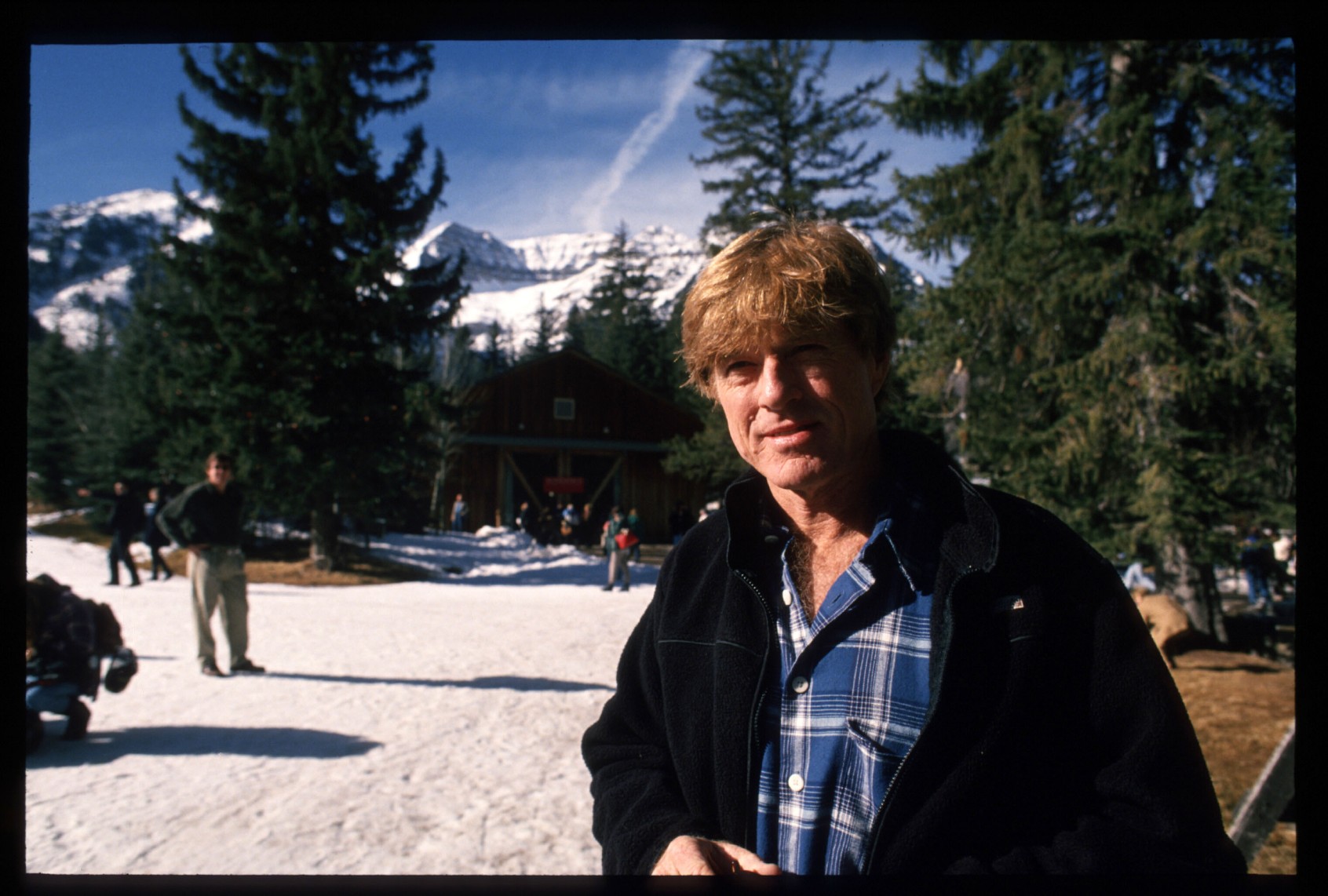The independent film community mourns the loss of Robert Redford, the actor and director who co-founded the iconic Sundance Film Festival. Redford passed away at his home in the Wasatch Mountains of Utah, leaving a profound impact on the world of cinema. The festival, which has been a beacon for independent filmmakers for nearly five decades, is set to relocate to Boulder, Colorado, in January 2027. As the festival prepares for this transition, the film industry reflects on the legacy of Redford and the cultural significance of Sundance.
The Sundance Film Festival began in 1978 as the US/Utah Film Festival, evolving into a major platform for independent cinema after the establishment of the Sundance Institute in 1985. Under Redford’s stewardship, the festival transformed from a modest gathering into a prominent event on the global film circuit, rivaling esteemed festivals like Cannes and Venice. Thanks to his dedication, Sundance became synonymous with the promotion of diverse voices and stories, significantly shaping the landscape of independent filmmaking in America.
Redford, who won an Academy Award for Best Director for his debut film, Ordinary People, in 1981, could have easily settled into a comfortable career filled with lucrative roles. Instead, he chose to advocate for emerging filmmakers, providing a platform that fostered creativity beyond the constraints of the Hollywood studio system. By founding the Sundance Institute, he aimed to democratize the filmmaking process, allowing anyone with a compelling story to find their voice.
The festival served as a launchpad for numerous influential filmmakers, including Steven Soderbergh, whose film Sex, Lies and Videotape became a pivotal success in the 1990s. This era marked a renaissance for independent cinema, with Sundance drawing crowds from all corners of the film industry. As the festival grew, it became a cultural hub, attracting not only filmmakers but also critics, celebrities, and audiences eager to discover groundbreaking work.
Redford’s commitment to authenticity and social justice was evident in the films he produced and supported. He often highlighted corruption and inequality, themes that resonated in works such as All the President’s Men and Quiz Show. His vision for Sundance was to create a space where diverse narratives could flourish, providing a counterbalance to the mainstream film industry.
The festival’s influence extends beyond film, promoting inclusivity and representation in journalism as well. The Press Inclusion Initiative at Sundance aims to enhance diversity among critics and journalists, particularly those from BIPOC, women, and queer communities. This program has opened doors for many emerging voices, ensuring a broader range of perspectives in film criticism.
As the festival prepares for its relocation, the film community reflects on the immense void created by Redford’s passing. His legacy is not only in the films he made but also in the opportunities he created for countless artists. Sundance has become a symbol of hope and possibility for aspiring filmmakers, proving that with determination and support, success is achievable.
Looking to the future, the move to Boulder may signify a new chapter for Sundance, but the principles established by Redford will undoubtedly endure. His vision for an inclusive and vibrant film community continues to inspire, reminding us all of the power of storytelling to effect change. As the festival evolves, it carries forward the spirit of its founder, ensuring that independent cinema remains a vital part of the cultural landscape.
